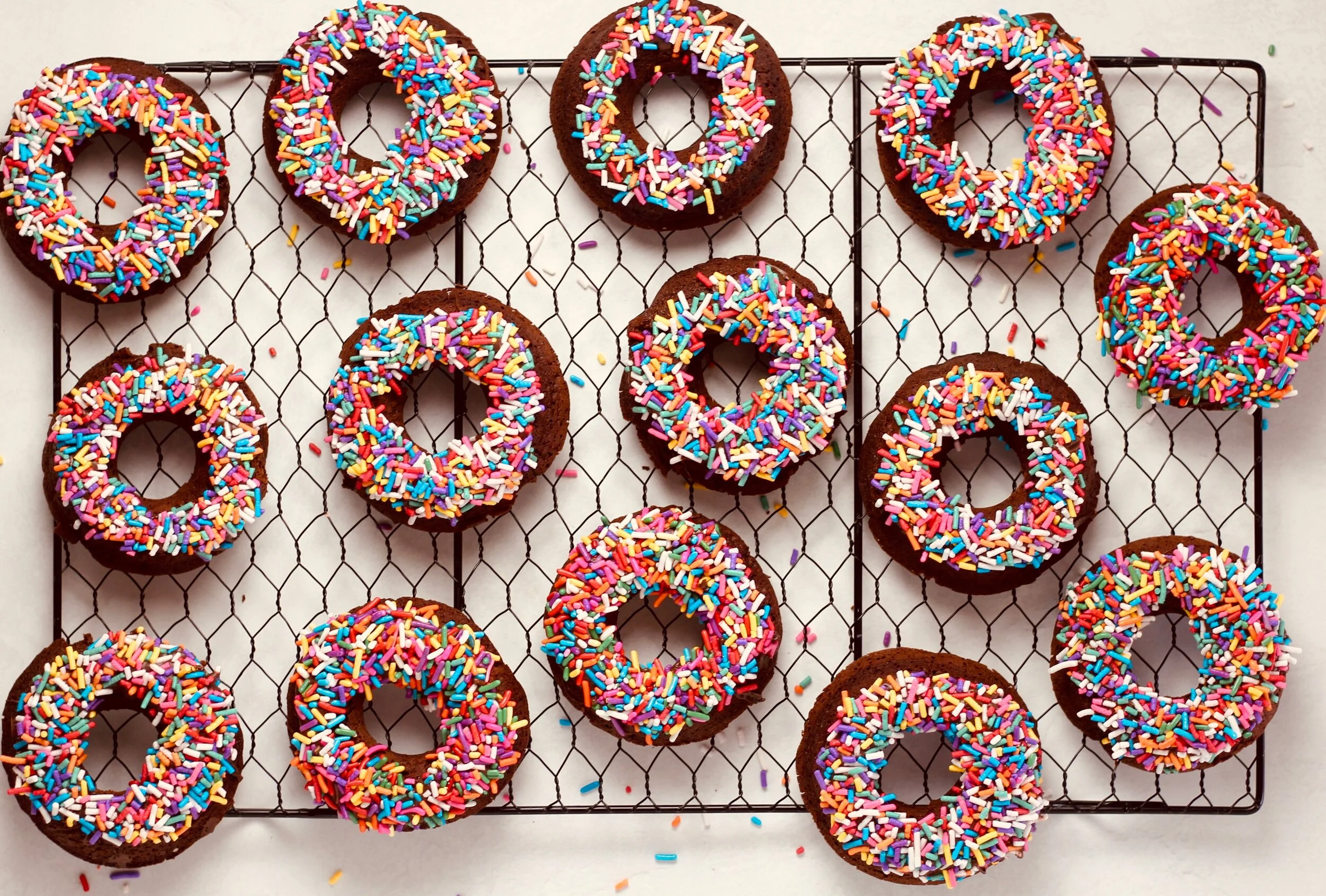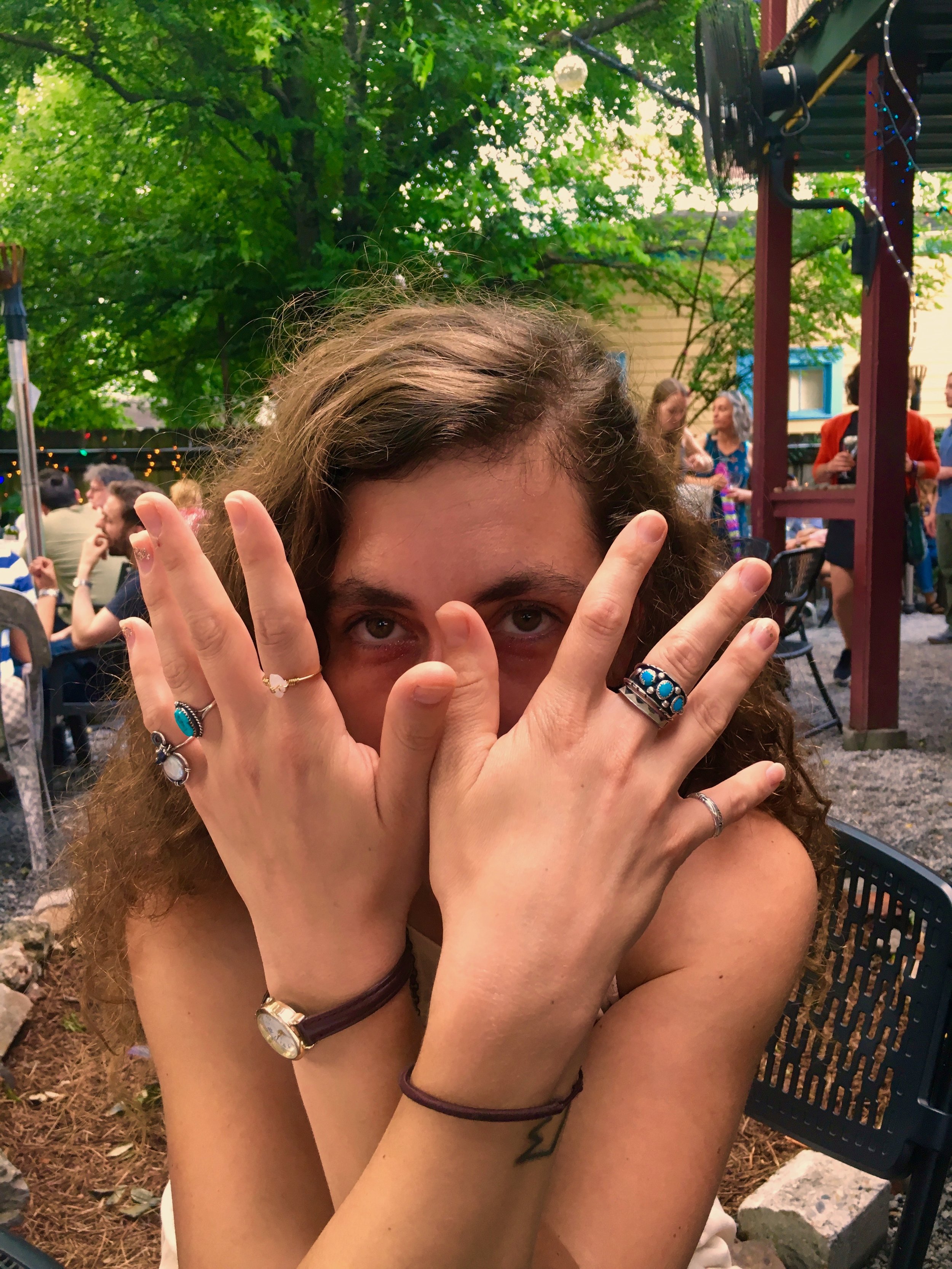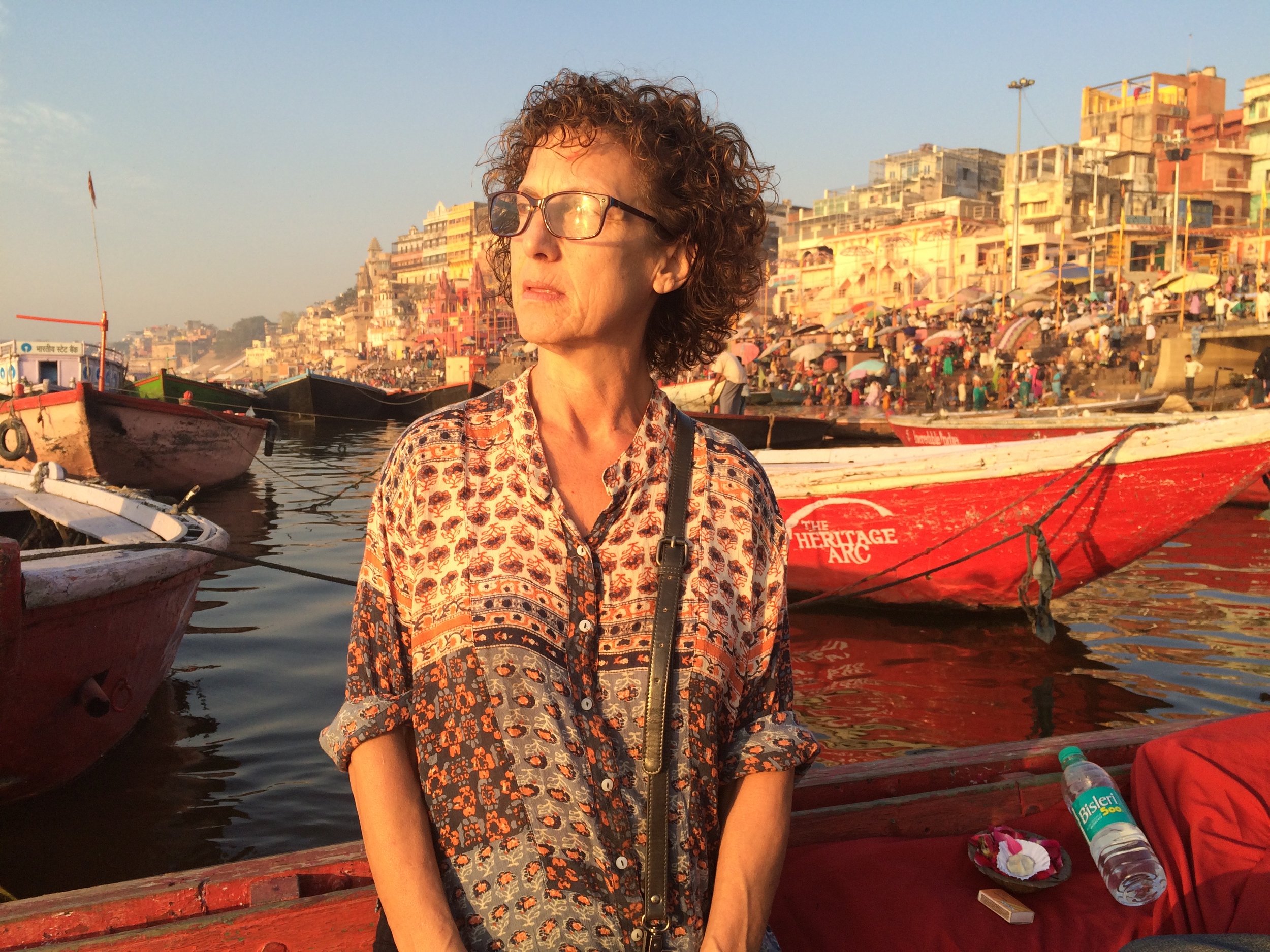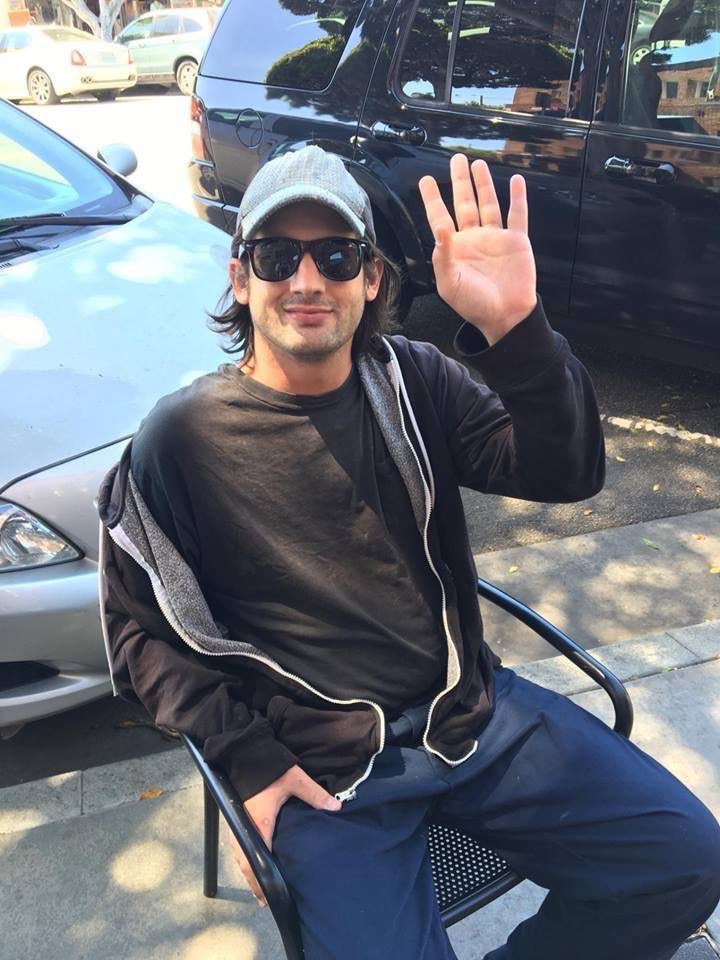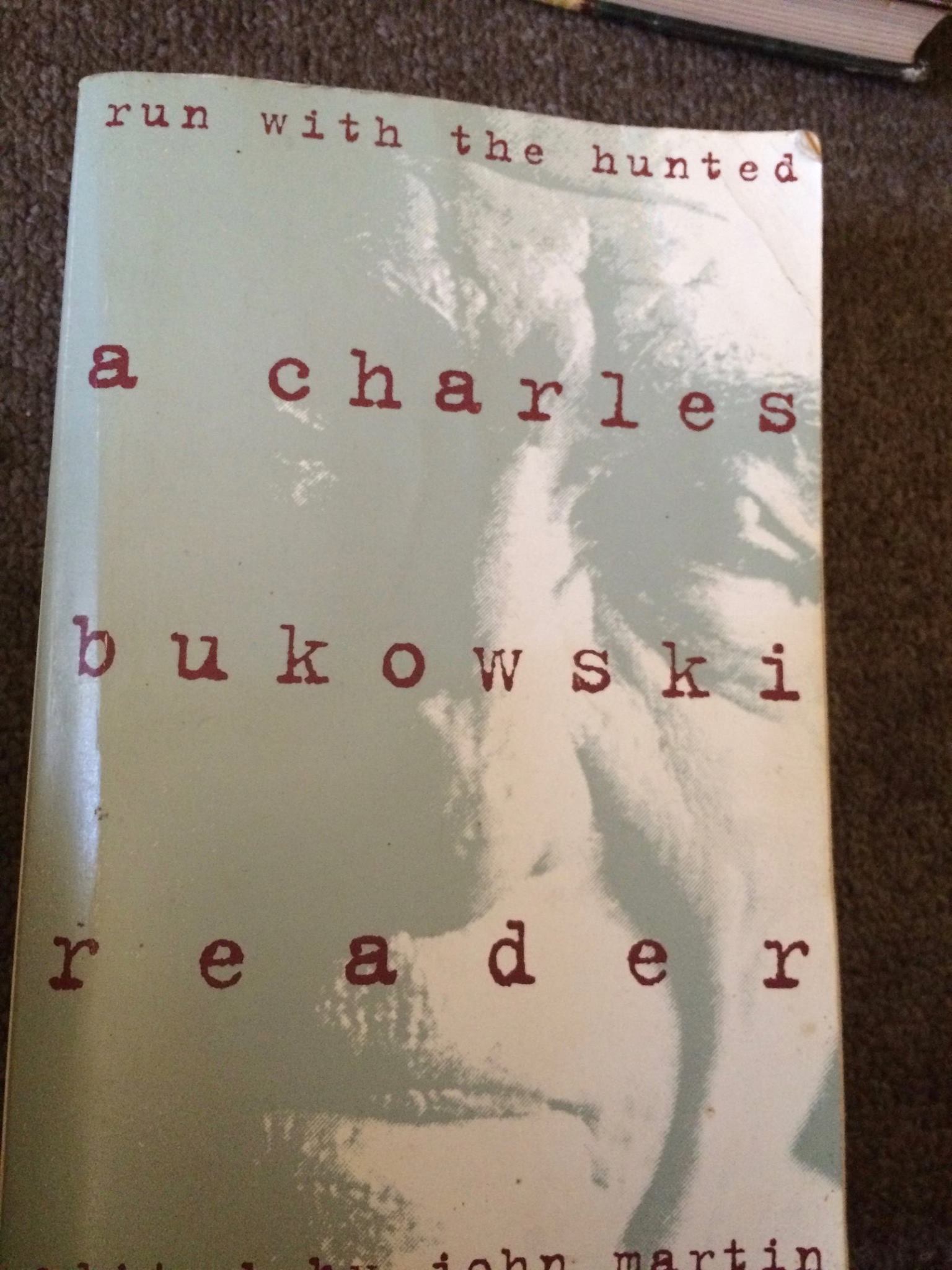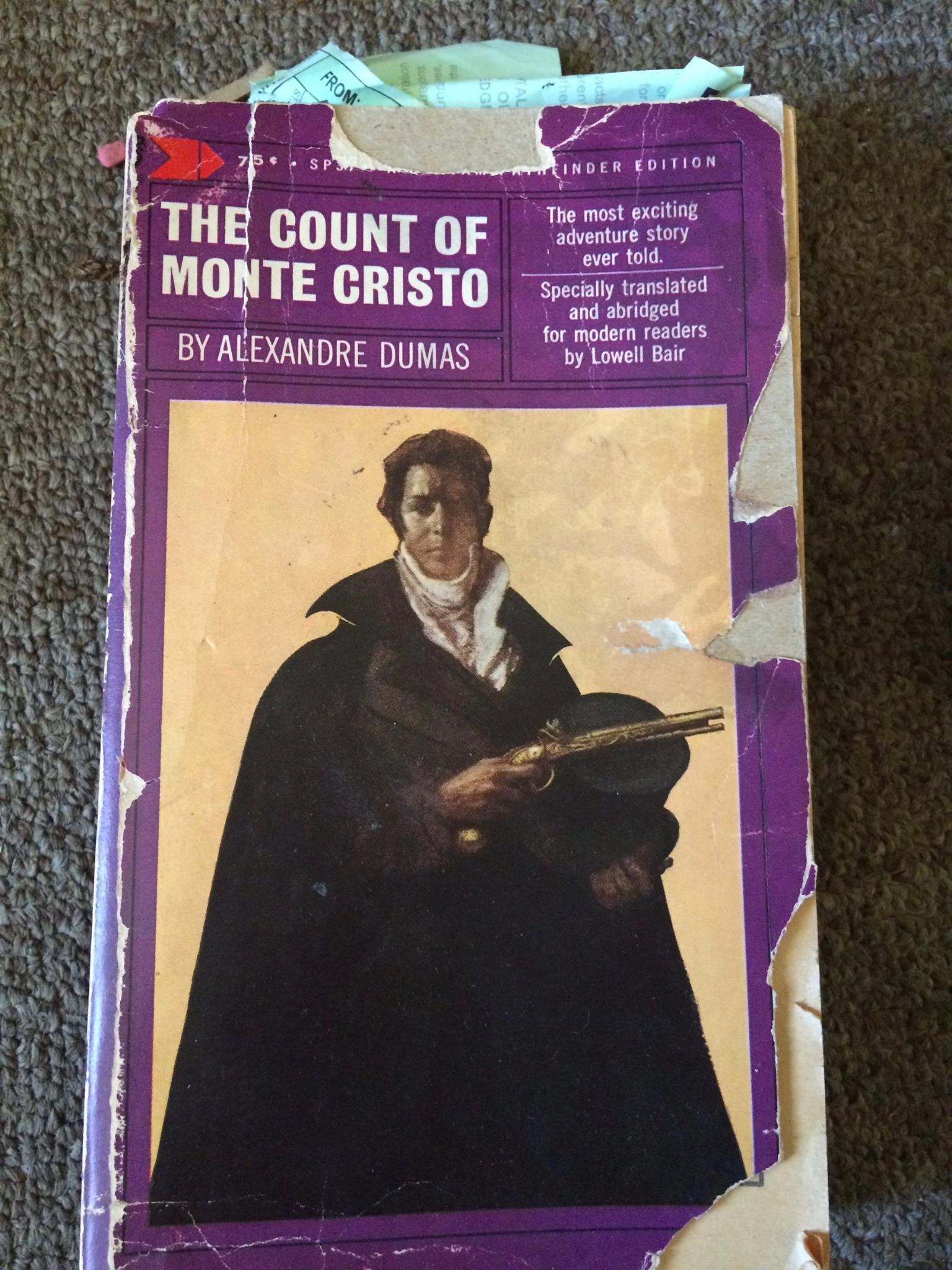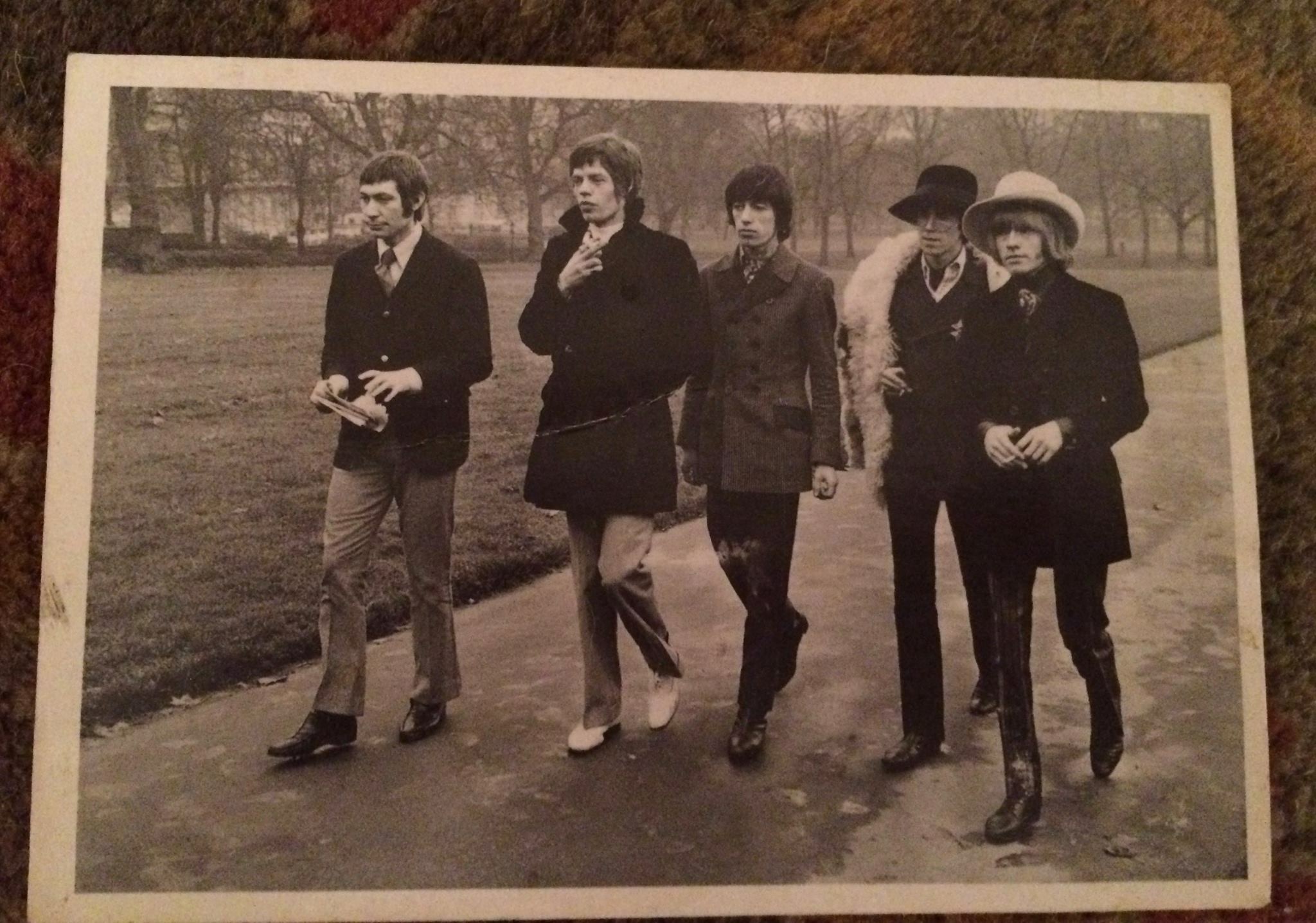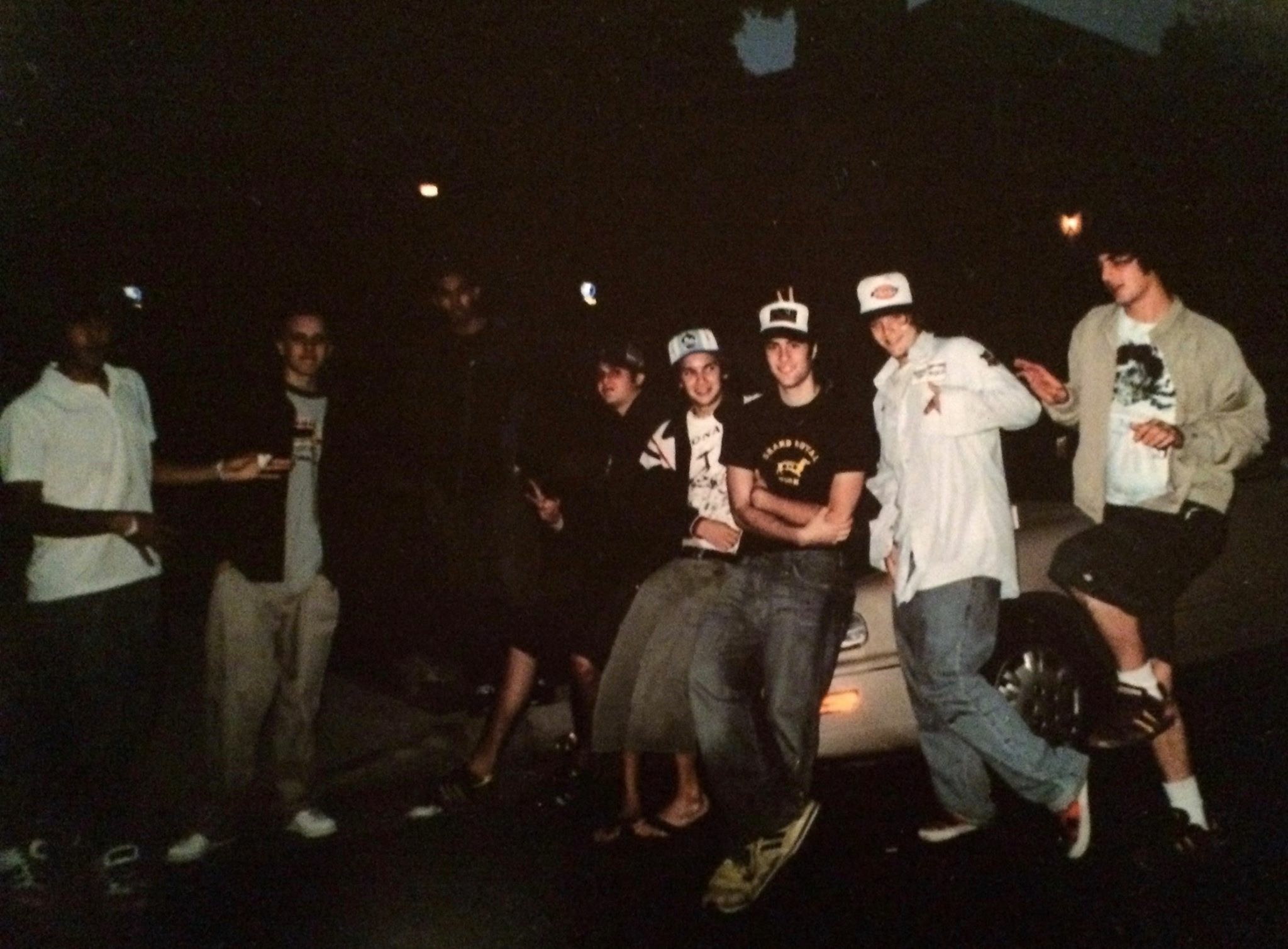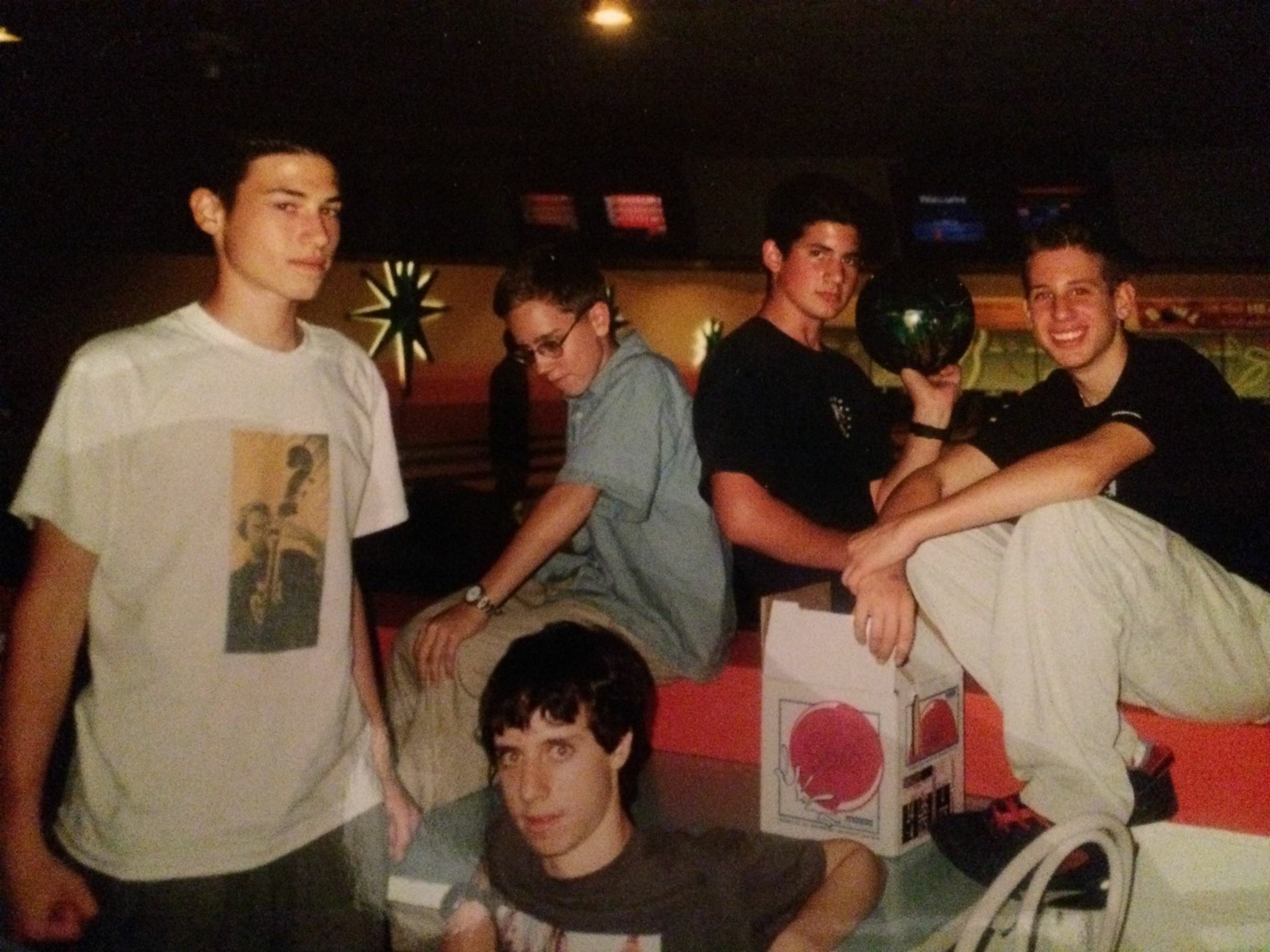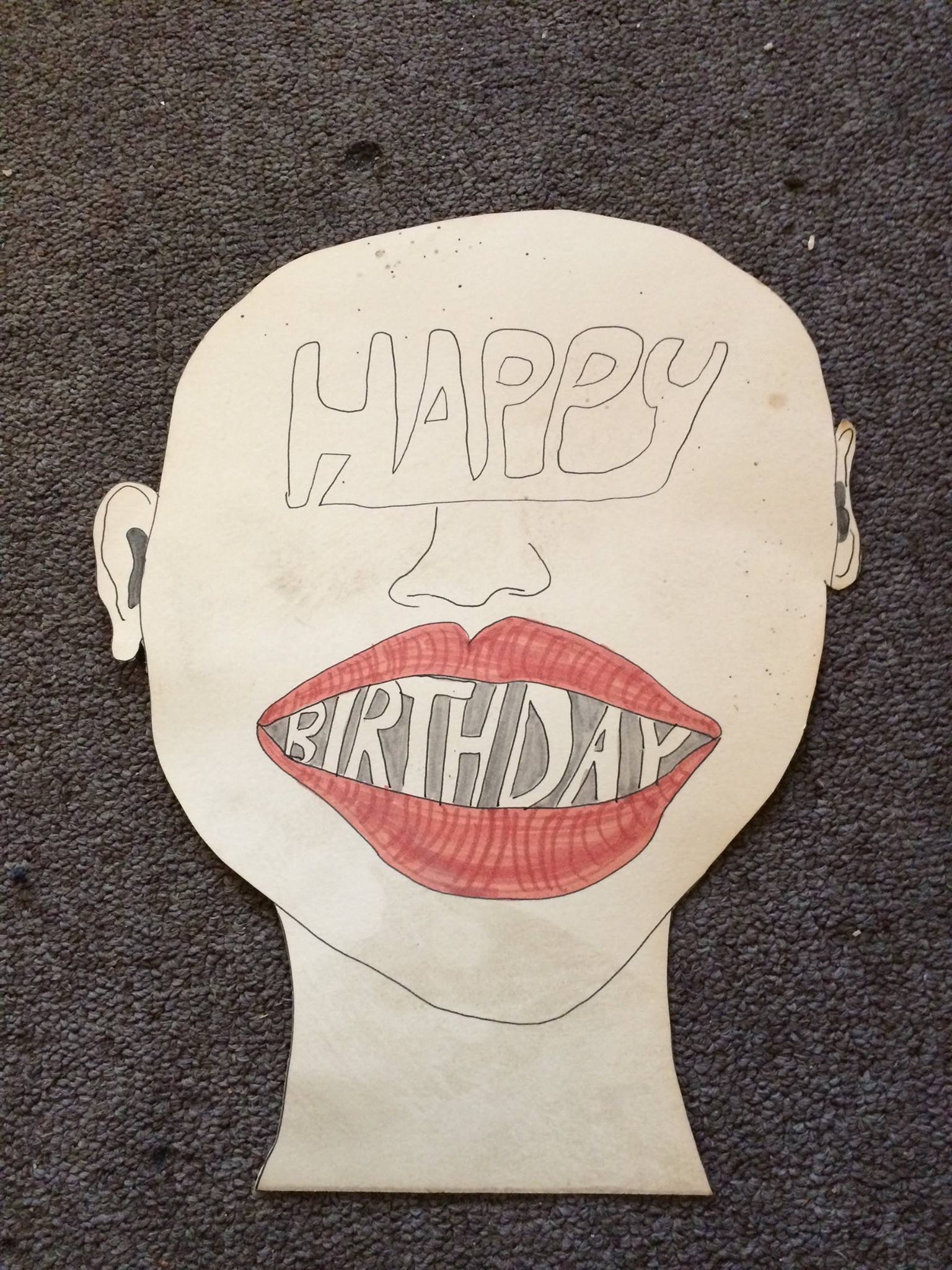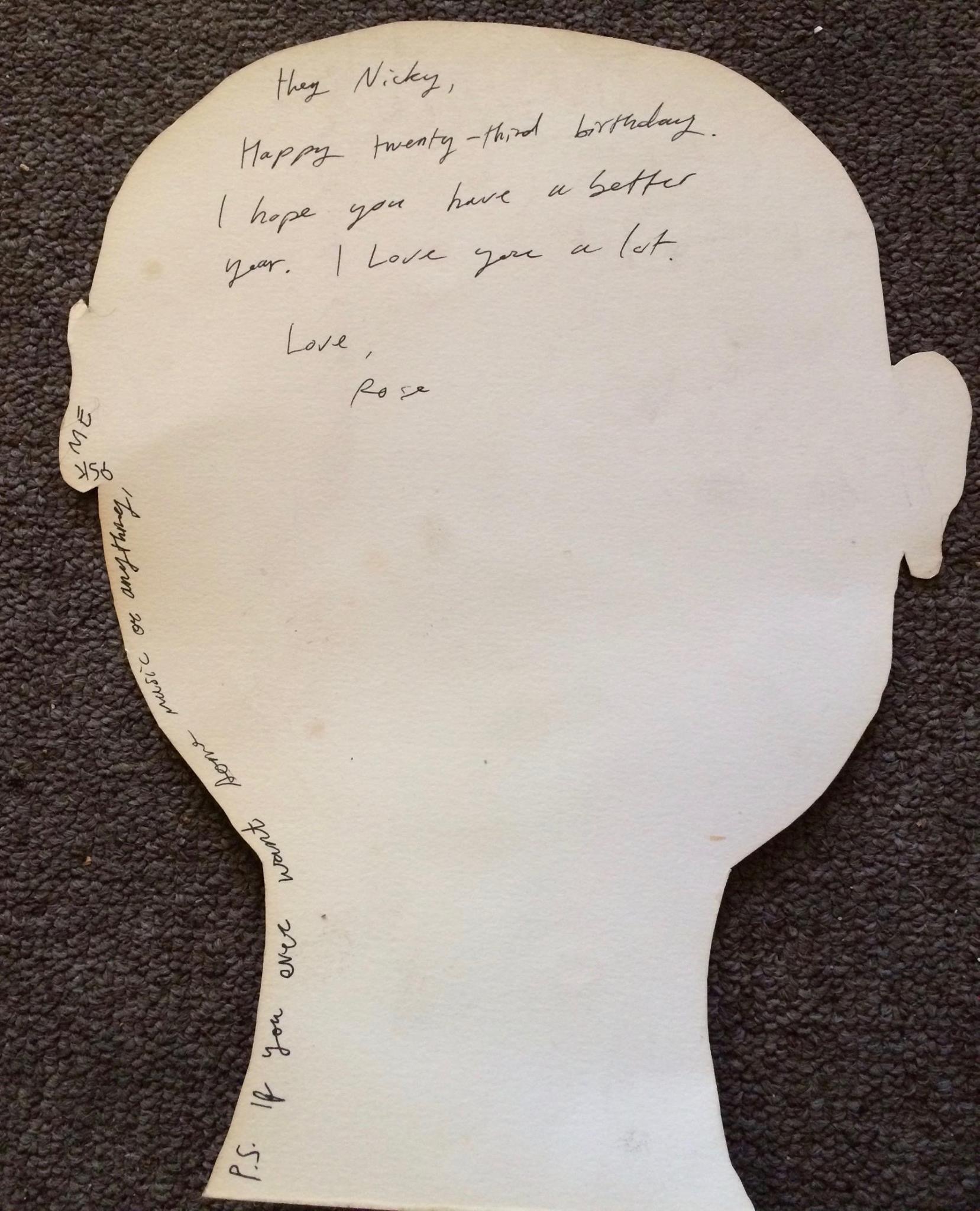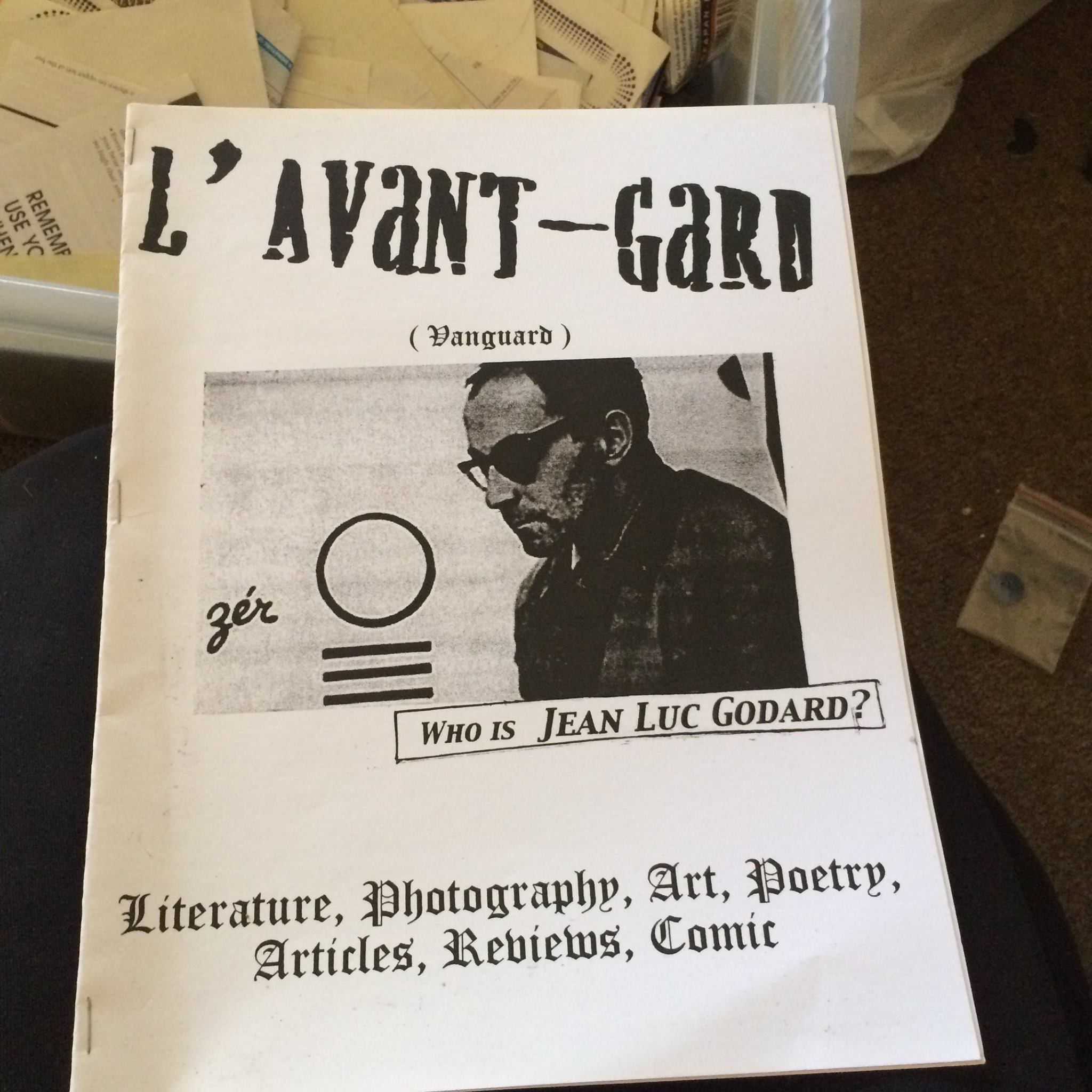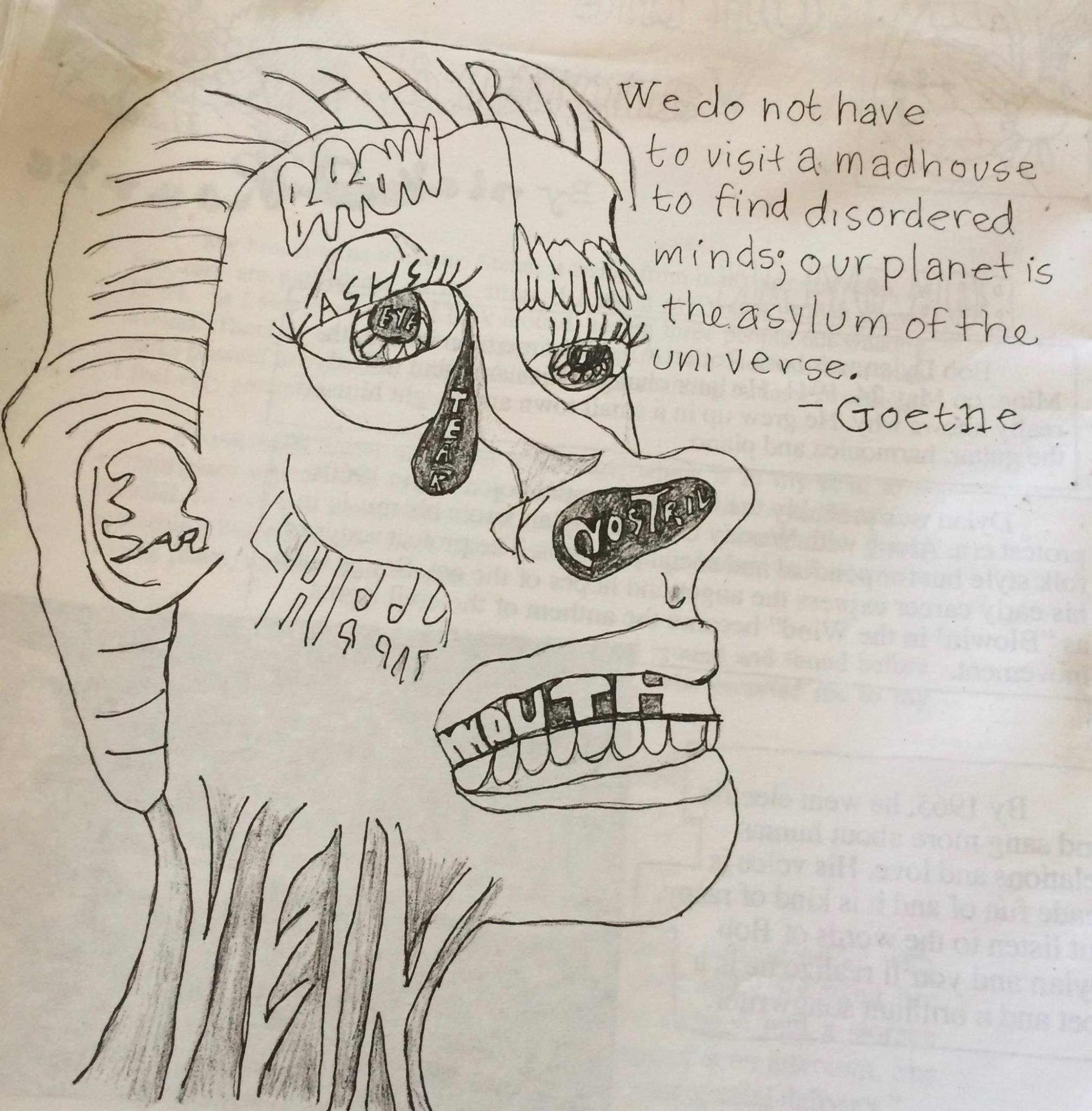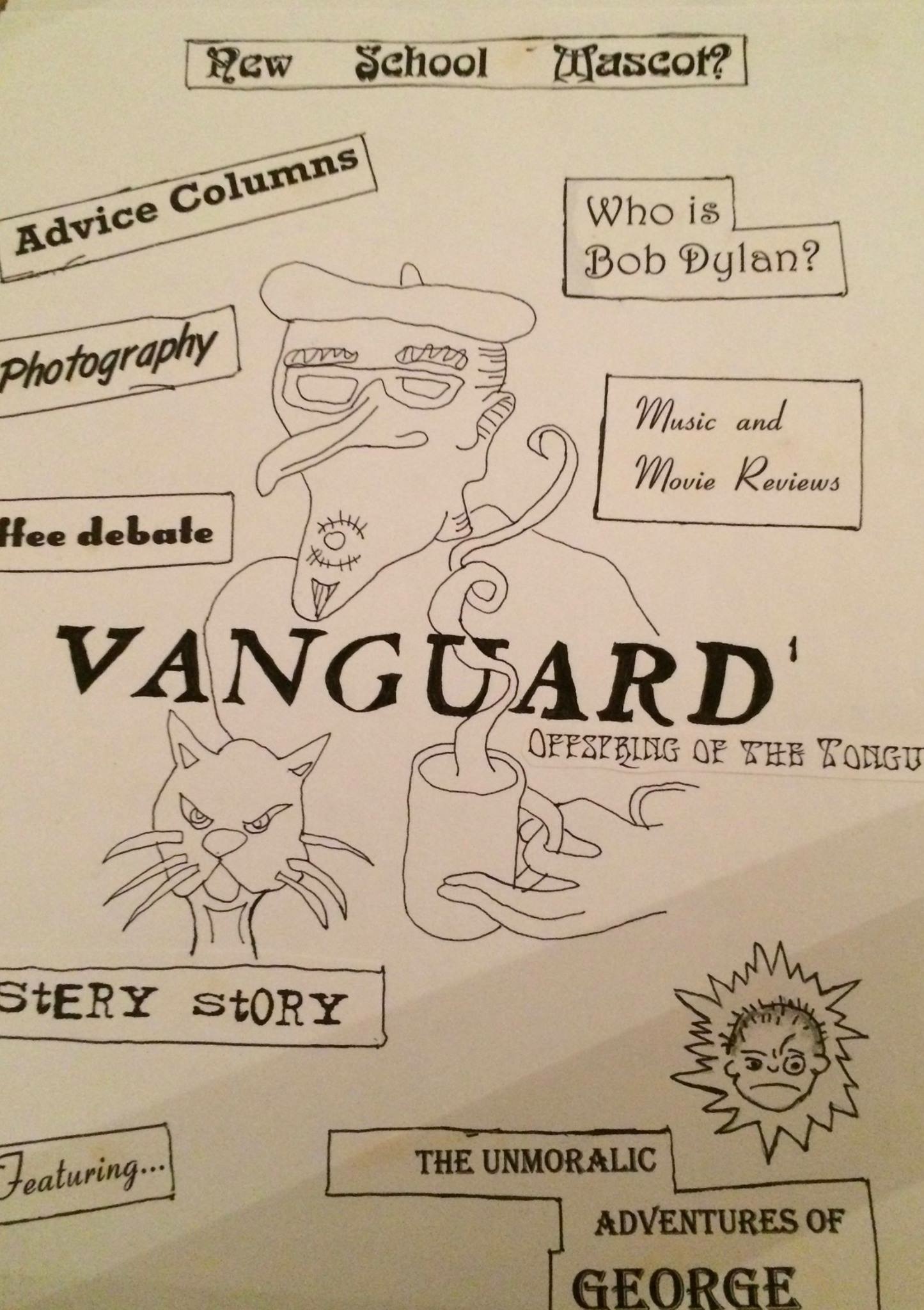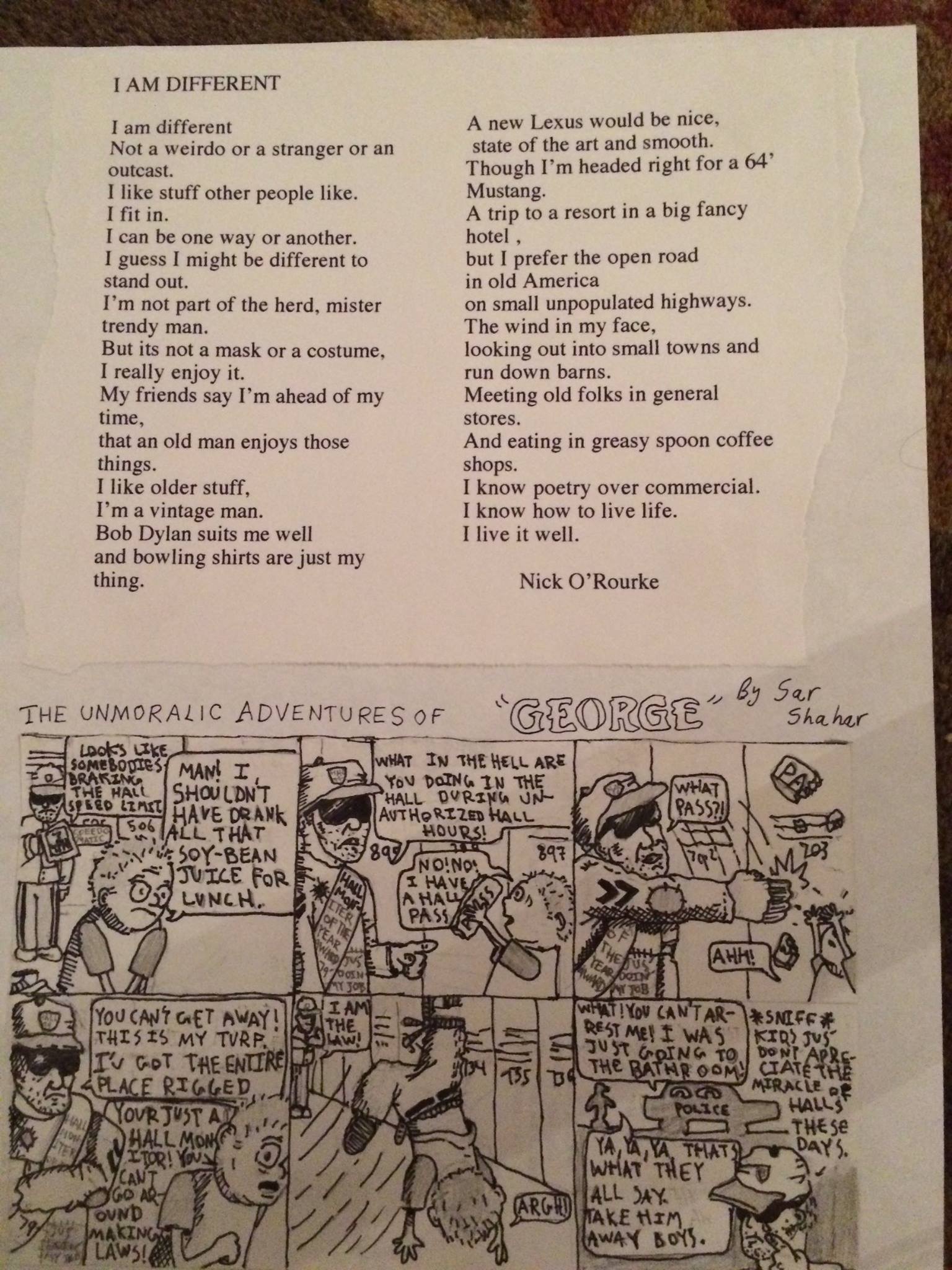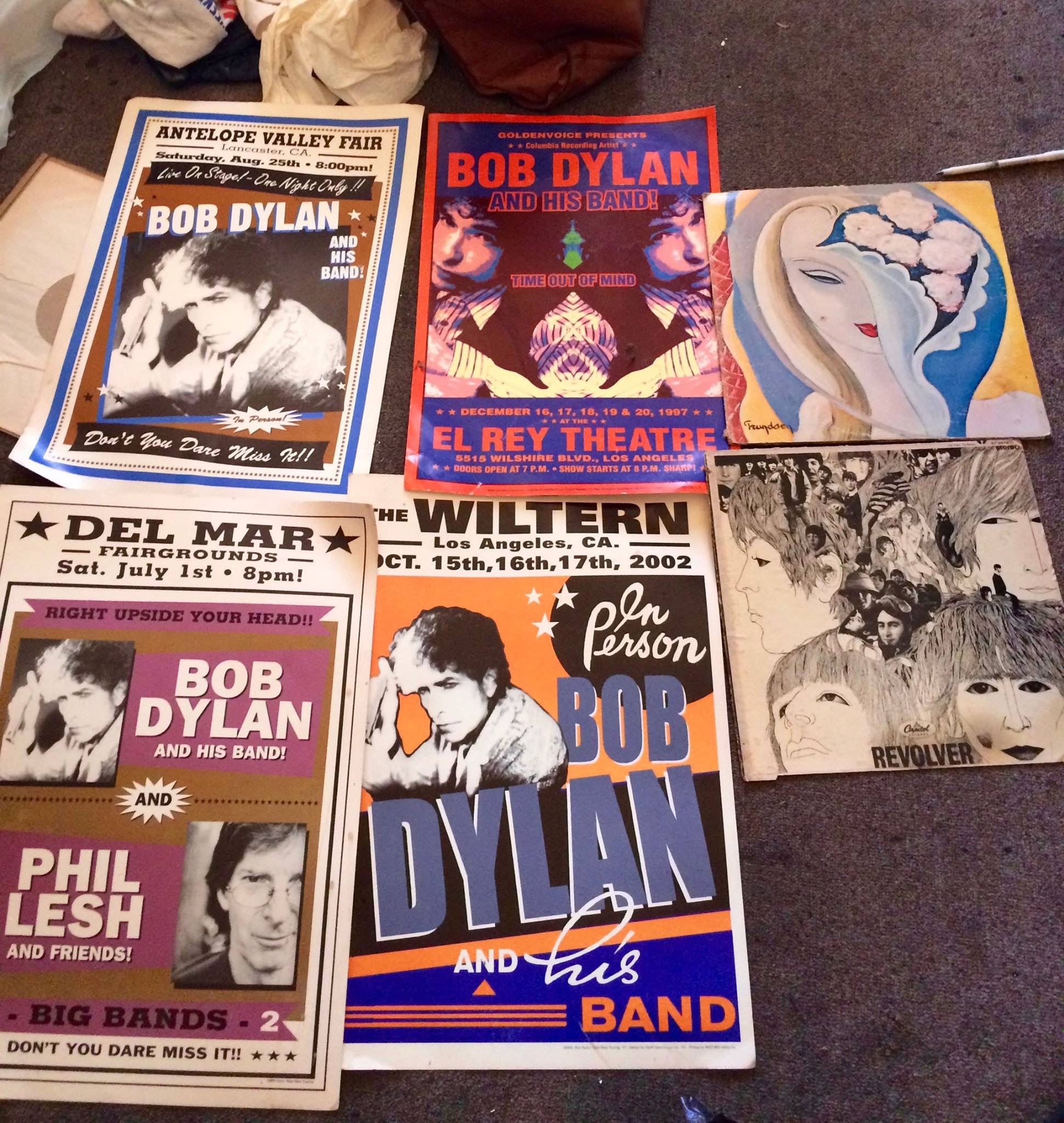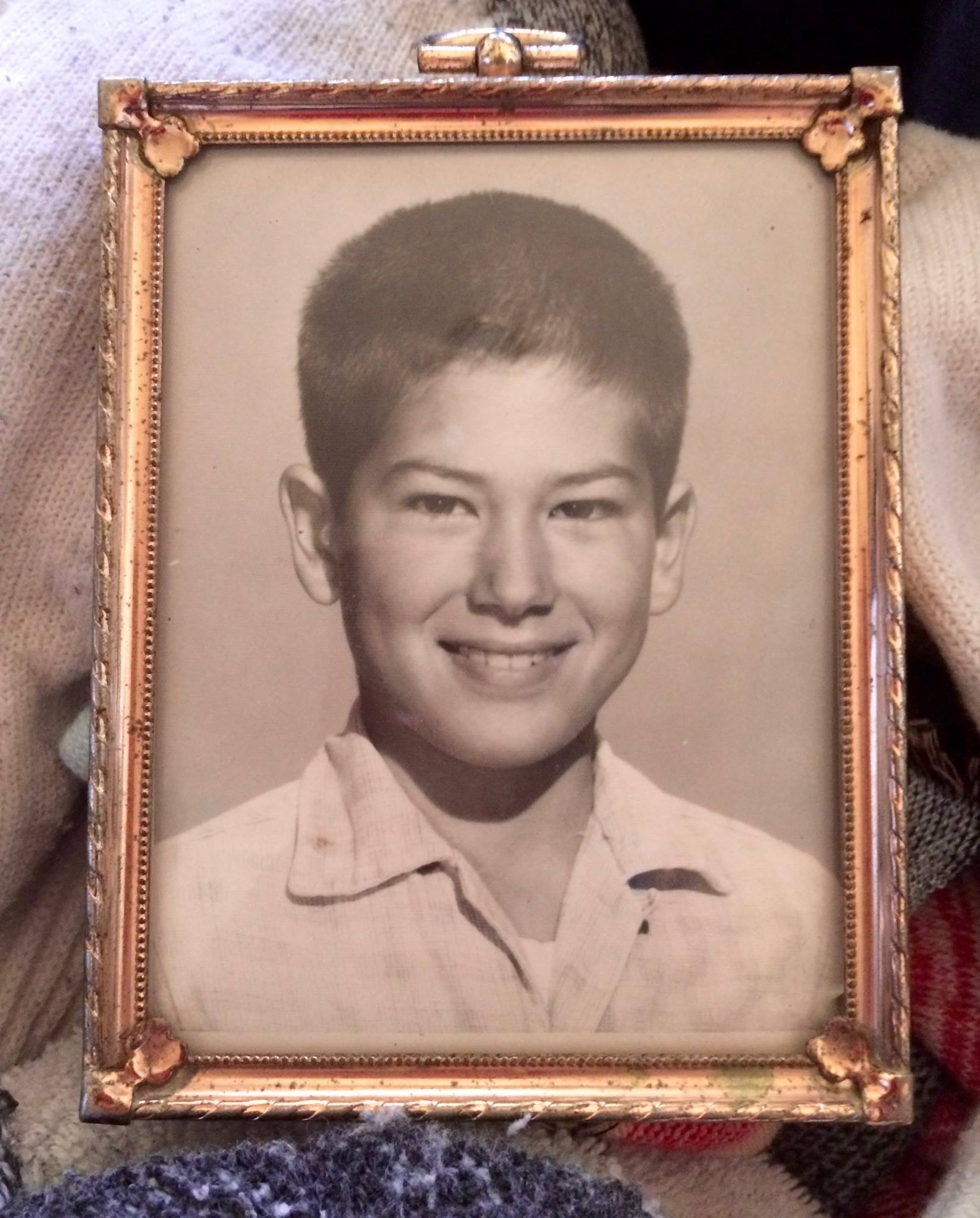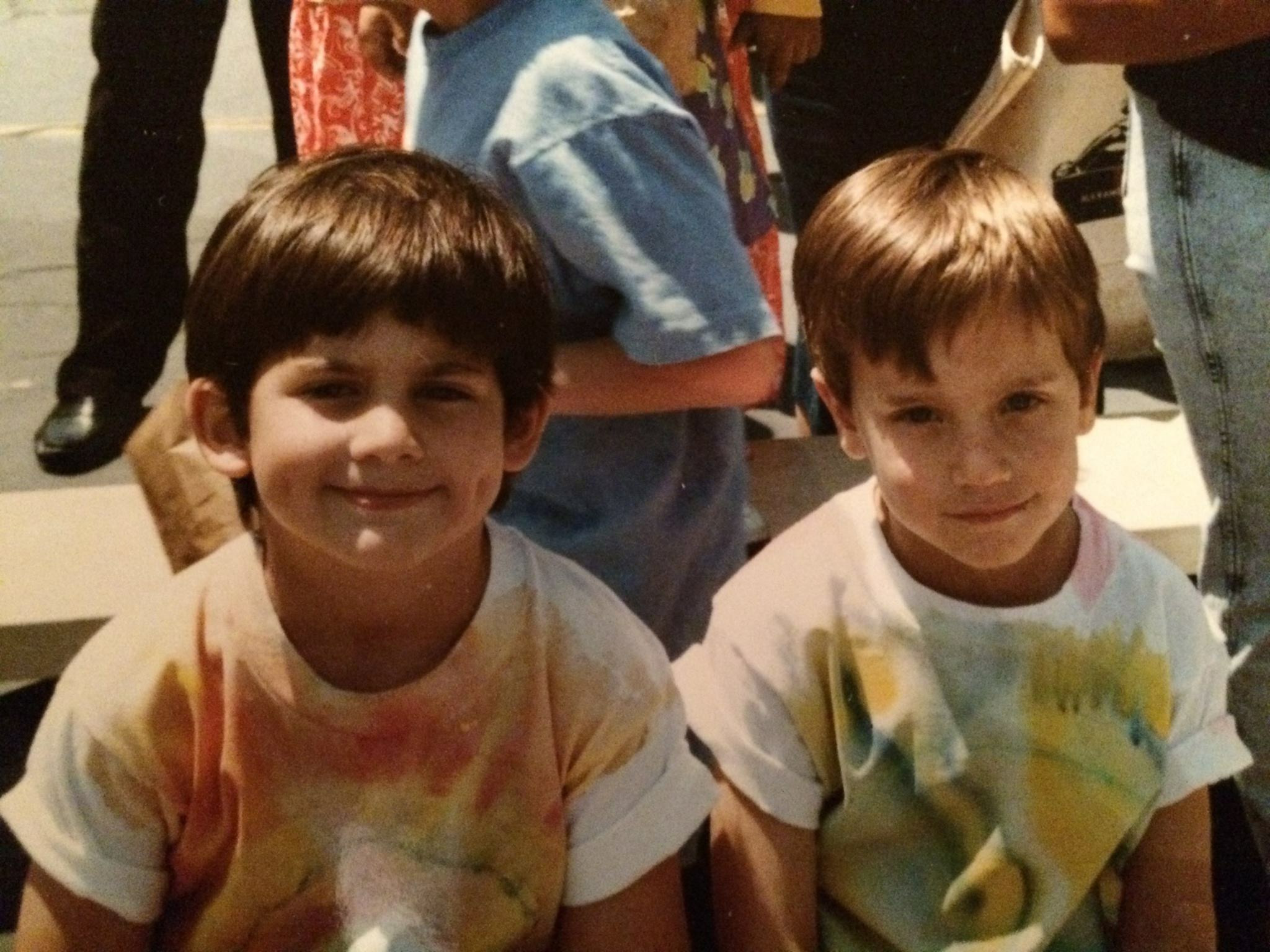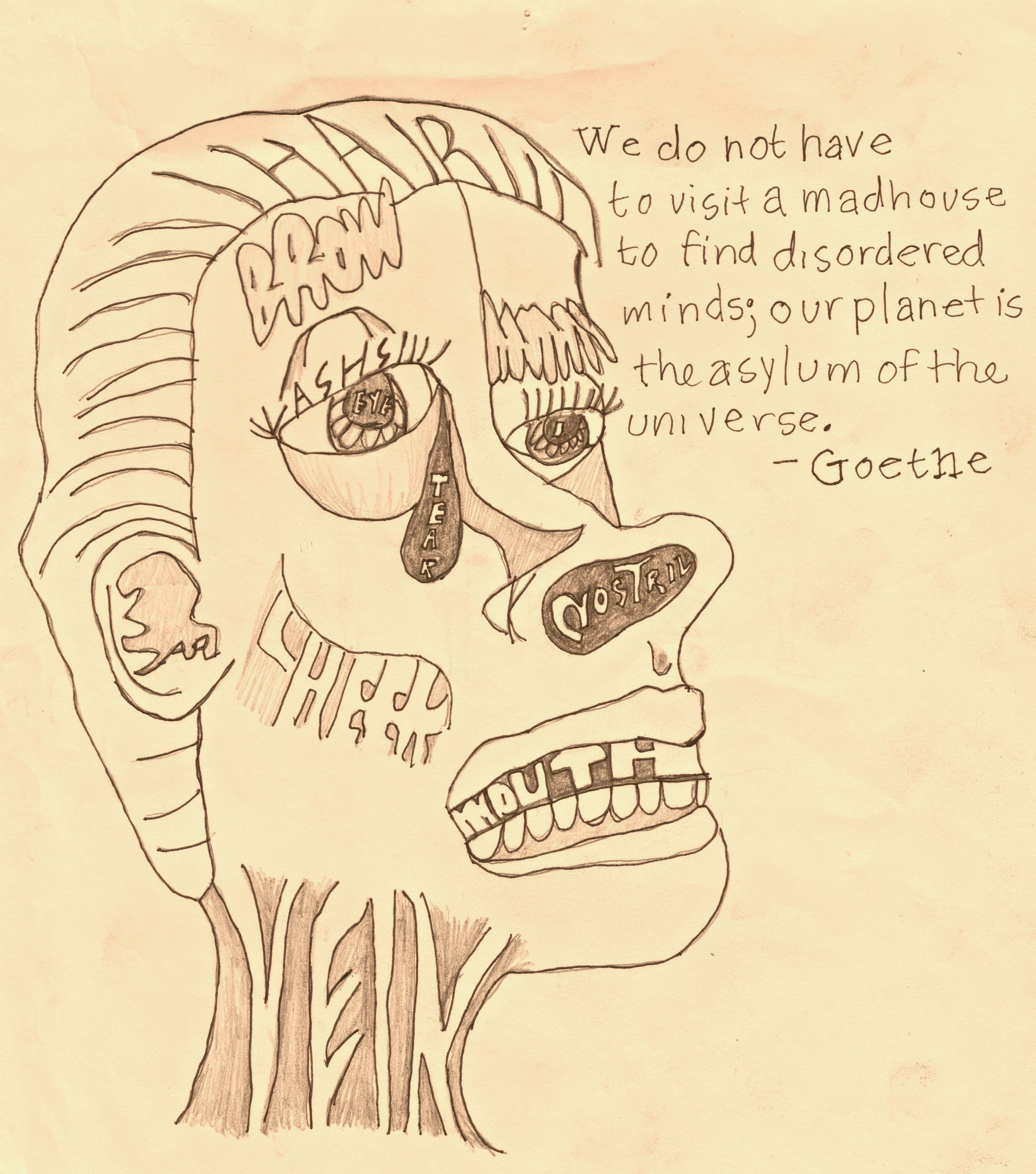If we learn nothing else from this pandemic, we better learn to talk about mental health.
Yesterday I was on the phone with a customer service representative at Bank of America. The account I keep for my son, Nick, had received a $40 overdraft charge because his SSI payment hadn’t auto deposited in time for his rent check. Because of the pandemic. Because he is on disability. Because he couldn’t possibly hold a job. Because he has schizophrenia. Because.
The pandemic has hurled all of into an isolated, shut-away world not dissimilar to my son’s. The other day I asked my daughter, “So, who is the example of the perfect follower of social distancing rules who hasn’t changed his life one bit?” She didn’t miss a beat, “Nick!” And we both chuckled. Nick’s particular condition includes a sprinkling of OCD. “I doubt he’s touched a doorknob in ten years!” she exclaimed, and then we laughed. This may sound terrible to you, but believe me, gallows humor is all you’ve got sometimes with serious mental illness.
I was talking to a therapist recently who told me that schizophrenia is the black sheep of mental illness. I already knew that. It isn’t understandable like bipolar. It isn’t treatable like depression. It isn’t recognizable like anxiety. In a world of strangeness, it is the strangest of all. It renders its sufferers sick by attacking the very organ that would allow them to understand and seek treatment: the mind. It is a thought disorder. Think about that (ha. yes, think) and imagine someone you love becoming another person. Receding and transforming and returning in an unrecognizable form. There is a particular irony to this disease, it has a cruel joke quality.
I am very open about the situation. I decided a long time ago that I didn’t have the energy for the tap dancing that bowing to stigma requires. This wasn’t a bold or noble move on my part. It was the need for efficiency. The stress and maintenance of this circus requires everything I’ve got. Superfluous activity and emotions are discarded to make room for problem solving.
During this awful time of Covid-19, I look at my son and am struck once again by the paradox of schizophrenia. When the whole world is reeling from the drastic change in our reality, he wanders calmly through it all, unphased. Its not that he doesn’t understand, he just lives in his own immediate world. As we all are right now. And it is driving us crazy. Ah, the irony.
I explained to the bank lady on the phone what had happened. I could have said “my son is on disability” but that is vague and sanitized. I prefer sharpening the pencil more than that. Ludwig Wittgenstein said, “words are deeds.” God, I remember that from college, it put a fine point on my attitude about art, about words, that has stayed with me throughout my life. I believe that being sloppy with words leads to calamity. Misunderstanding. Tragedy. So, I say “my son has schizophrenia.” I need this to be exactly the thing that it is.
There is a slight pause and then she kindly, politely, removes the charge from his account. At the end of the conversation, at the place where she is supposed to say is there anything else, I can help you with, she instead says you know I have a family member dealing with this, it is my father. I say something affirming, give her the verbal secret handshake, and we talk for a few more minutes. I listen to her story. We don’t care if this conversation may be recorded for quality assurance. We are in the trenches. I do everything I can to make her feel that I am with her. The isolation of the family member is acrid, biting, you are all alone in your stick house, just like Eeyore. And then I think of the pandemic and realize that we are all in stick houses now.
Later that morning, on the phone with Nick’s dental office, the same thing happens. When I tell the receptionist that they need to be aware of Nick’s condition, she tells me all about her brother with bipolar. Every time I open the door someone jumps right through it.
In the sliver of space between can I help you and thank you for calling, they want to talk about it. In the tapered silence after do you want a receipt with that, they need to tell someone their story. In the moments before you say goodnight, your own child may have something they desperately need to tell you. People are afraid to open up about mental illness, but at the same time they are dying to talk about it.
Right now, the world is comprised of millions of stick houses. It won’t stay that way forever, but my mind reels when I think of the trauma people are experiencing. That trauma won’t evaporate when Covid-19 is behind us, it will stick around and degrade our well-being like trauma always does. It will be generational, pervasive and cancerous. Talking about mental health won’t just be important, it will be a moral imperative.
The pandemic has opened a door that might make all the difference. Everybody is on Zoom, we’ve shifted to virtual meetings, doctor’s appointments, therapy. The entire culture has pivoted and learned to do something new in record time. Maybe that is the door we can jump through to begin the dialogue.
When Governor Cuomo asked mental health professionals to provide virtual mental health services, six thousand volunteered. In rural and remote areas where there is a shortage of doctors, virtual therapy has been utilized, but until now “teletherapy” has been impeded by complicated restrictions. In this time of emergency, those are being relaxed. It is my hope that this will set a precedent for a whole new way of accessing therapy. We are going to need it.
Everywhere I look, I see articles about the devastating effects this pandemic will have on the mental health of our population. We live in a culture where people don’t even want to talk about mental health. We are ashamed. We are hindered by stigma. We actually go to great lengths to hide the problem. Well, I learned this lesson when my boy was diagnosed with schizophrenia. Superfluous activity and emotions have to be discarded to make room for problem solving. We have no other choice, now.




